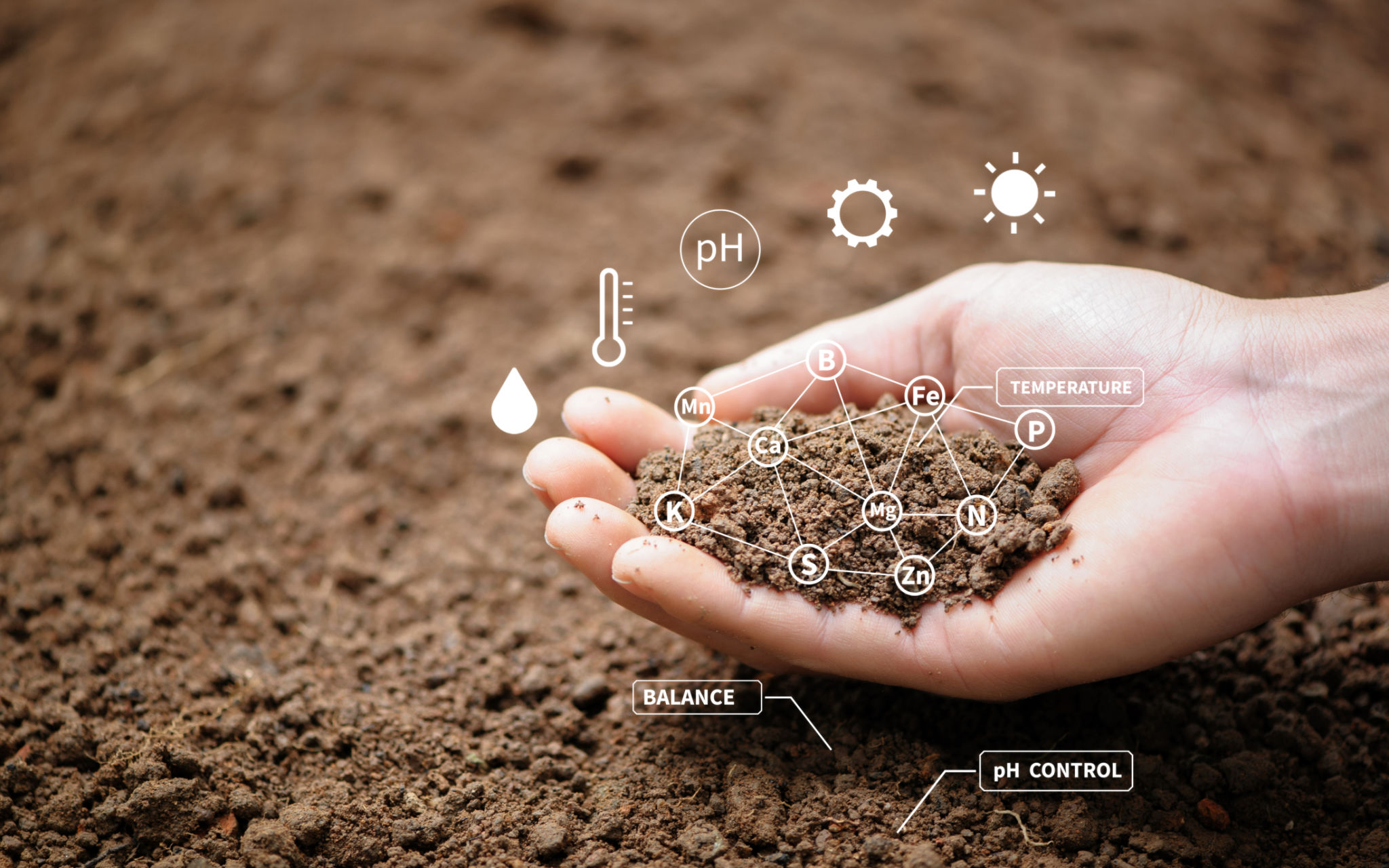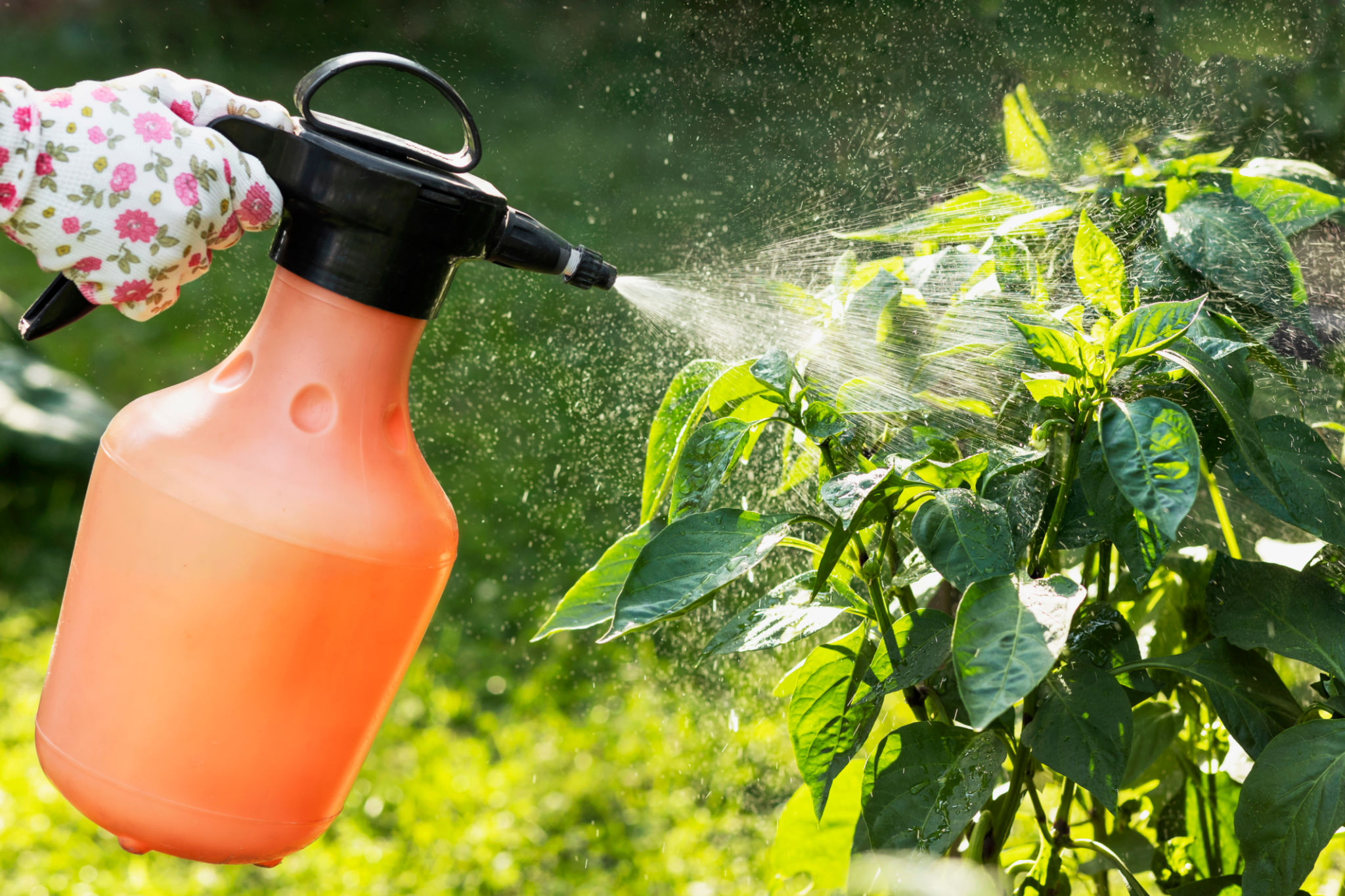A Guide to Seasonal Farm Preparation in Florida
Understanding Florida's Unique Climate
Preparing your farm for each season in Florida requires an understanding of the state's unique climate. Unlike other parts of the United States, Florida experiences a subtropical climate with distinct wet and dry seasons. This means that farmers need to plan according to two main periods: the rainy summer months and the cooler, drier winter months.

Summer Preparation
As summer approaches, it's crucial to prepare for the heavy rains and high humidity. Farmers should focus on ensuring their drainage systems are functioning optimally to prevent waterlogging. Regularly checking and clearing ditches and canals can help manage excess water effectively.
Additionally, consider planting crops that thrive in wet conditions. Vegetables like okra, sweet potatoes, and eggplant can flourish during Florida's rainy season. Monitoring pest activity is also essential, as humidity can increase pest populations.
Winter Preparation
In contrast, winter in Florida brings cooler temperatures and less rainfall. This is an ideal time for planting cool-season crops such as broccoli, lettuce, and carrots. It's important to prepare the soil by adding organic matter to improve its structure and fertility.

Frost can occasionally occur, especially in northern parts of the state. Farmers should be ready to protect sensitive plants using row covers or by implementing windbreaks to reduce cold damage.
Soil Management
Soil health is a critical aspect of seasonal preparation. Regular soil testing can help farmers understand nutrient levels and pH, allowing for appropriate amendments. Adding compost and organic fertilizers can enhance soil fertility, particularly before planting new crops.

Mulching is another effective practice that helps retain soil moisture, suppress weeds, and regulate soil temperature. Utilizing mulch during both wet and dry seasons can promote healthy plant growth.
Irrigation Systems
Florida's varying rainfall patterns make efficient irrigation systems a necessity. During dry spells, having a well-maintained irrigation system ensures that crops receive adequate moisture. Drip irrigation is particularly effective as it conserves water while delivering it directly to plant roots.
Regular checks and maintenance of pumps, hoses, and sprinklers can prevent water wastage and ensure system longevity.
Pest and Disease Control
Integrated Pest Management (IPM) strategies are vital for controlling pests and diseases throughout the year. Rotating crops, encouraging beneficial insects, and using organic pesticides can help manage these challenges sustainably.

Staying informed about potential pest outbreaks and weather conditions through local agricultural extensions can aid in timely interventions.
Conclusion
Preparing your farm for Florida's seasonal changes involves a blend of strategic planning, regular maintenance, and adaptability to the climate's demands. By understanding the specific needs of each season and implementing best practices in soil management, crop selection, and pest control, farmers can ensure productive and resilient agricultural operations year-round.